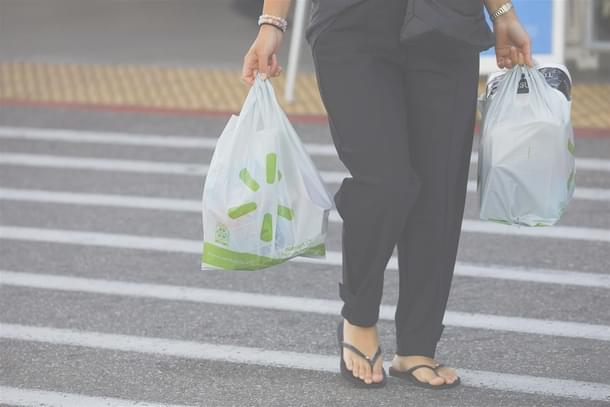Ideas
It Is Pointless, Even Undesirable, To Demonise The Use Of Plastics
R Jagannathan
Jun 06, 2023, 11:06 AM | Updated 11:06 AM IST
Save & read from anywhere!
Bookmark stories for easy access on any device or the Swarajya app.


On 5 June, World Environment Day, a lot of tears were shed over the overuse of plastic, which is not only choking our drains and polluting our lives, but gradually seeping into our food chains.
Clearly we must reduce, recycle and reuse our plastics, but that is not going to be easy given the sharp rise in everyday use of packaging material in a growing economy.
Just as our fossil fuel needs are not suddenly going to disappear, the same logic applies to our need for plastics. We cannot ban, fine or wish the problem away.
My morning begins with my milk supply contained in plastic pouches. My basic staples — rice, wheat, dals, veggies — all use plastics.
Every item used to clean our homes and clothes — dust-pans, mops, toilet cleaners and detergents of various kinds — is about plastic.
Items I order on Amazon, or anything I buy from any shop, comes wrapped in plastic. The poor even use thin plastics to carry hot cups of tea (a health hazard if ever there was one) for their co-workers.
The short point is this: our lives are so wrapped up in plastic that it is simply impossible — even undesirable — to wean ourselves off it anytime soon.
In fact, it is doubly difficult for India to give up on plastic as its expanding lower middle class base cannot find anything better for everyday use.
Worse, consider the alternatives to plastics use — more paper, synthetic bags, etc. Every paper bag is part of a lost tree somewhere. Every synthetic bag is part plastic too.
While reducing plastics use can be worthwhile a long-term goal, the only logical way to deal with the use and abuse of plastics is to accept that it is a necessary evil.
We must instead try to create a semi-formal employment chain around it. Our rag-pickers and the poor already do a lot of the work for us, but the companies that produce and give away these plastics are doing too little.
Here are three things they can do, with a government nudge.
First, rather than ban plastic use, companies producing them, or shops giving them away, must be incentivised to get their customers to bring back the bags and deposit them in specified places for small discounts. Those who produce and give away such bags must be taxed for the same.
Second, separating plastics from garbage is already a private activity of the poor. So why not organise them in such a way as to create sustainable jobs, with enough safety protections for those involved in such work?
Third, there must be an active market for buying back plastics, just as there is for old newspapers and worn-out household items. It already exists in the informal sector, but could do with some official support like storage depots and collection points.
It is self-defeating to try and force people to use less plastic when it is so necessary in their lives. Rather, we must turn this threat to our environment into an opportunity for creating a self-sustaining chain for the reuse of plastics and job creation.
Jagannathan is former Editorial Director, Swarajya. He tweets at @TheJaggi.




